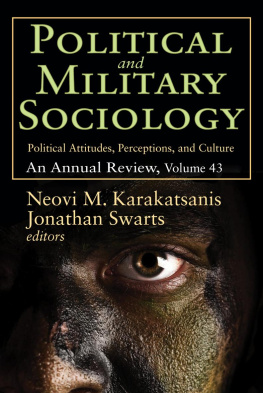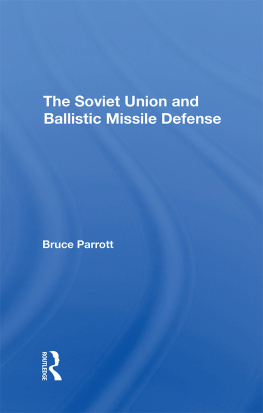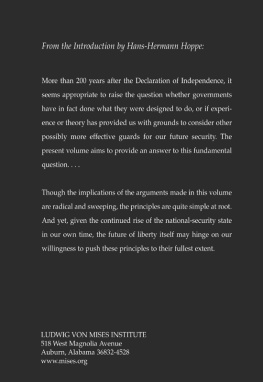III McDonald - Political and Military Sociology (Political and Military Sociology Series)
Here you can read online III McDonald - Political and Military Sociology (Political and Military Sociology Series) full text of the book (entire story) in english for free. Download pdf and epub, get meaning, cover and reviews about this ebook. year: 2013, publisher: Routledge, genre: Politics. Description of the work, (preface) as well as reviews are available. Best literature library LitArk.com created for fans of good reading and offers a wide selection of genres:
Romance novel
Science fiction
Adventure
Detective
Science
History
Home and family
Prose
Art
Politics
Computer
Non-fiction
Religion
Business
Children
Humor
Choose a favorite category and find really read worthwhile books. Enjoy immersion in the world of imagination, feel the emotions of the characters or learn something new for yourself, make an fascinating discovery.

- Book:Political and Military Sociology (Political and Military Sociology Series)
- Author:
- Publisher:Routledge
- Genre:
- Year:2013
- Rating:5 / 5
- Favourites:Add to favourites
- Your mark:
Political and Military Sociology (Political and Military Sociology Series): summary, description and annotation
We offer to read an annotation, description, summary or preface (depends on what the author of the book "Political and Military Sociology (Political and Military Sociology Series)" wrote himself). If you haven't found the necessary information about the book — write in the comments, we will try to find it.
Political and Military Sociology, Volume 41 explores the social elements and impact of national defense. The origin of government is a response to a societys common interest in security and defense. In recent years, security and defense issues, and government responses, have become increasingly prominent in societies around the world. Despite intermittent pushes for privatization, however, security and defense have remained core functions of government.
In this volume Bruce D. McDonald III investigates the historiography of the defense-growth relationship. Lachezar G. Anguelov and Robert J. Eger III consider the social impact with a case study of the Republic of Serbia. Maximiliano Mendieta and Bruce D. McDonald III consider the social spillovers of the sector that arise after the completion of a soldiers service. Paul Kellogg considers why some countries have fared well when others have been slow to rebound. Hamid E. Ali studies pork barrel spending in the United States. Susan Sample, Brandon Valeriano, and Choong-Nam Kang broaden the understanding of the defense sector to include its output. Hamid E. Ali and Ubah A. Adan conclude the volume with a study on conflict and infant and child mortality rates.
Traditionally, national defense is viewed solely in military terms. As part of their national security objectives, many defense sectors have undertaken a variety of social programs. While the existence of social programs is known, what remains uncertain is how they spill over from the sector to society at-large and what is the impact of that spillover.
III McDonald: author's other books
Who wrote Political and Military Sociology (Political and Military Sociology Series)? Find out the surname, the name of the author of the book and a list of all author's works by series.










